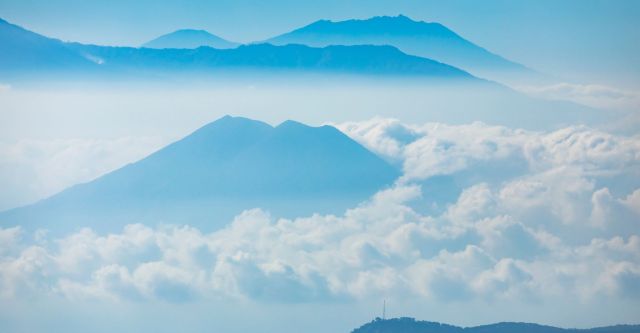Muhlisin Agropuro
Situated along the slopes of the Argopuro Volcano is a region in East Java known for its coffee production thanks to the rich volcanic soil and high elevations. The iconic volcano creates the beautiful Javanese landscape in the Situbondo Regency. When coffee was first cultivated in Indonesia, it was common for Dutch colonists to plant low-quality Robusta in large estates. However, the 21st century ignited a shift towards Arabica, especially in East Java, whereby more micro-lots appeared, owned by producers experimenting with new, innovative processing methods.

This lot is one such example of this coffee-quality revolution in Indonesia. Producer and cooperative leader Pak Muhlisin founded the Pokmas Walida Cooperative in 2014 to gather producers in the area and spread awareness about new processing methods to improve quality.
During the harvest, each producer will carefully handpick the cherries and transport them to the collection station adjacent to the Pokmas Walida wet mill. Here, the cherries are submerged in water to remove any floaters to maintain quality. Once sorted, the coffee is placed into large water tanks and covered for 72 hours to initiate fermentation and breaks down the exterior mucilage helping to create a unique-tasting profile. When fermentation is complete, the cherries are evenly dispersed on covered raised beds to dry for 15 days and moved to tarped patios to dry for another ten days. Then, cherries are moved regularly to prevent mold growth. The coffee is ready for hulling once it reaches the ideal water content level. The dried cherries are moved via truck to the dry mill, 50 miles away, to be hulled and set to rest before export.